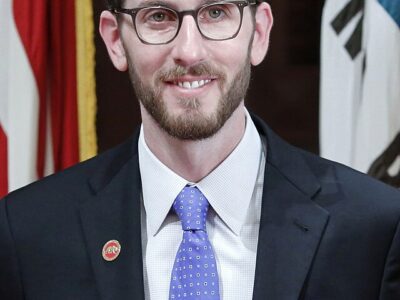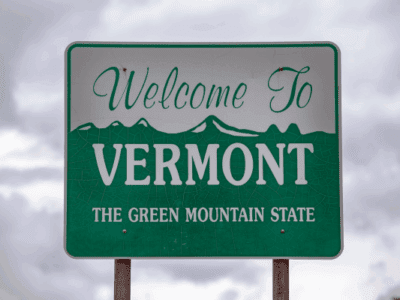The Tea Party, the GOP, and the Environment
According to a recent study, non-Tea Party members of the GOP are actually a bit closer to Democrats than to Tea Party members on environmental issues. That creates a conundrum for the GOP. More than half of Republicans support the Tea Party, and supporters tend to be more active than others. Yet the Tea Party favors candidates with dubious electoral prospects. Consider a couple of recent news items from Political Wire: Ted Cruz is considering a presidential run, and Tea Party members are trying to get Sarah Palin to run for Senate. That’s not what the GOP needs in order to win elections.
This split within the Republican camp may create an opening for some environmental compromises, if the non-Tea Party Republicans can be peeled from anti-environmental positions that they do not share. Obviously, if the GOP is unable to field electable candidates, that also increases the odds for pro-environmental Democrats. There’s more to be said on this subject (below the fold).
It’s interesting to see who belongs to the Tea Party. In 2010, when the Tea Party was a bit more popular than it is today, Gallup found its members to be generally representative of the public in demographic terms, though slightly less likely to be women or low-income. Pew found that the Tea Party drew heavily from evangelicals but not from Jews or black Protestants. Meanwhile, a NY Times poll found them more likely to be “Republican, white, male, married and older than 45.” Meanwhile, a PBS study found that the Tea Party’s bastions were generally in the South and non-coastal West, concentrated in counties with large military bases or large numbers of Mormons, and in pre-2008 boom towns that crashed with the financial crisis. In general, these demographics correlate with support for the Republican Party, so the Tea Party tends to be strongest in places where the GOP is strongest. The most readily available data is a couple of years old, and my guess is that these demographics are sharper today, as marginal Tea Party supporters have dropped off. These demographics combined with Tea Party influence on primaries may make it difficult for the GOP to run electable candidates.
The divisions within the GOP are submerged by the threat of primary fights, while at the same time making it more difficult for the GOP to field strong candidates.
This dynamic may provide opportunities for progress on environmental initiatives. Popular initiatives on environmental subjects may be able to sidestep the primary process, and so they could acquire votes of non-Tea Party Republicans. Moreover, Tea Party demands is contested districts may create openings for Democrats, particularly if non-Tea Party Republicans find the candidates distasteful enough to stay home. In places where the Democratic Party is traditionally weak, conservative Democrats may be able to gain the support from non-Tea Party Republicans. Conservative Democrats are not likely to be strongly environmental but they may be more willing to compromise than Republicans who fear Tea Party primary challenges.
The dynamic where an effective majority within one party exacts submission to positions that are not held by popular majorities is inherently unstable. There are large rewards for opponents to find some way to split the coalition or to attract independent voters who are turned off by the party’s extremism. Voter intensity does matter, but opposing interests have strong incentives to take advantage of superior numbers to counter the mobilization factor. Consequently, it seems doubtful whether Tea Party influence on the GOP, and the corresponding ideological homogeneity, can be maintained. That should be good news for environmentalists.







Reader Comments